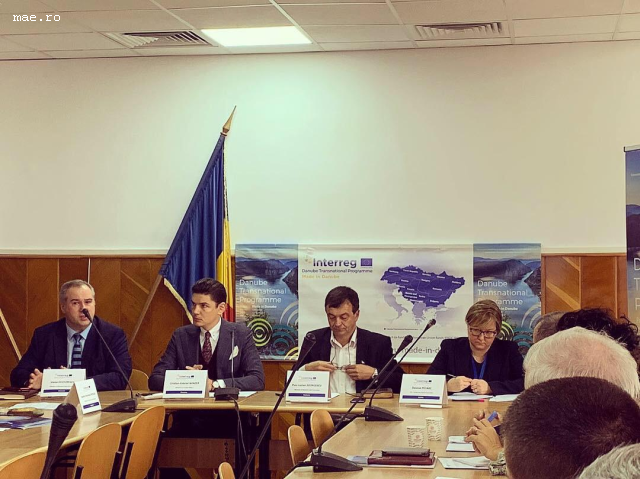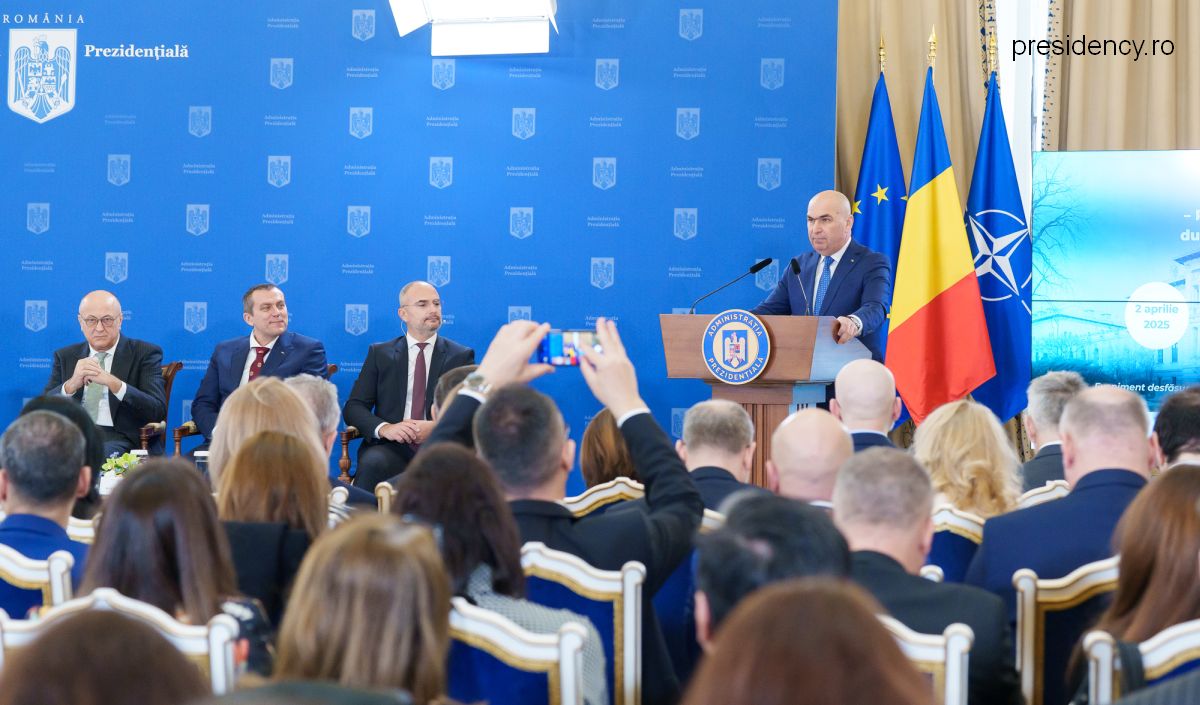Romania takes over EUSDR Presidency
Romania has taken over the annual presidency of the European Union Strategy for the Danube Region
Warning: Trying to access array offset on null in /home/web/rri.ro/public/wp-content/themes/rri/template-parts/content.php on line 53

Warning: Trying to access array offset on null in /home/web/rri.ro/public/wp-content/themes/rri/template-parts/content.php on line 98
Leyla Cheamil,
05.11.2018, 15:01
On November 1 Romania took over the presidency of the European Union Strategy for the Danube Region. The presidency is held under the motto “We strengthen cohesion for common prosperity in the Danube region”, which is meant as a carryover of the motto of Romania’s presidency of the European Union Council — “Cohesion, a Common European Value”.
The two terms will overlap in the first half of next year. The European Union Strategy for the Danube Region is a joint political initiative of Romania and Austria. Based on this initiative, the European Commission presented its Communication on the European Union Strategy for the Danube Region and Action Plan, the document being adopted by the European Council in April 2011.
14 Danube riparian states are part of this initiative, nine EU members (Austria, Romania, Bulgaria, the Czech Republic, Croatia, Germany, Slovakia, Slovenia and Hungary) as well as five third-party countries: Bosnia-Herzegovina, Montenegro, Serbia, the Republic of Moldova and Ukraine. The Strategy is a platform for cooperation and economic and social development for states in the Danube region. The initiative is focused on 11 priority areas, of which Romania is coordinating three: waterways mobility, together with Austria, culture and tourism, together with Bulgaria, and environmental risks, together with Hungary.
Bucharest wants to promote four priority themes and lines of action during its term in office. One of them refers to improving connectivity and mobility in the Danube region by promoting transport, tourism, digitization and people-to-people contacts. We want the benefits derived from our country’s participation in the EUSDR to become more visible for the citizens, Minister Delegate for European Affairs, Victor Negrescu, has said.
Cities on the course of the River Danube and its main tributaries should tap into the tourist potential of attractive areas, such as esplanades, waterfronts as well as industrial ports and marinas”, said Sever Avram, general coordinator of the “Jean Bart” International Honorary Chair and Regional Danube Commissioner of the “Local Communities along the Danube River” Association. He went on to say that this consultative and decision-making process also requires the involvement of the relevant NGOs and universities.






























